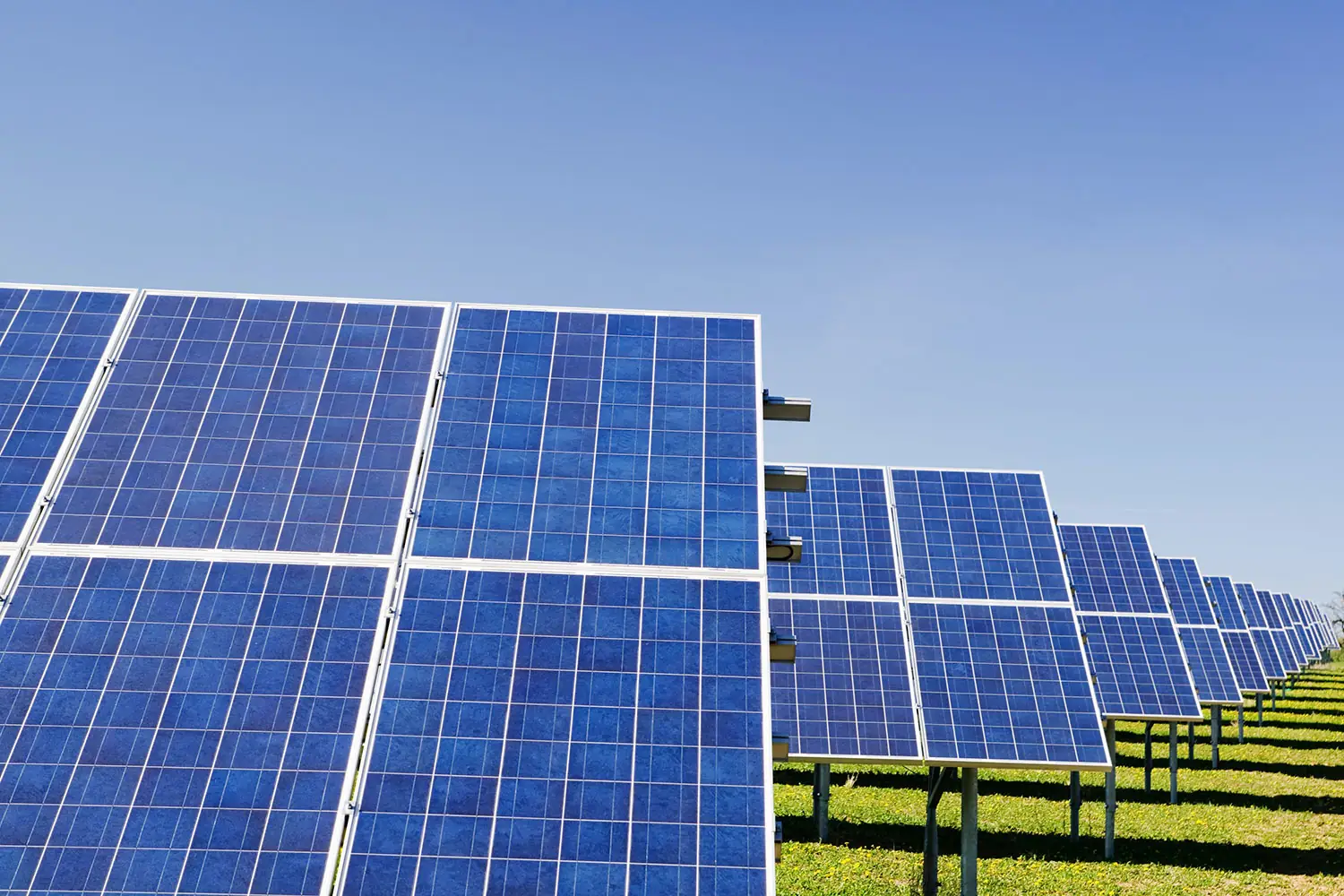How Investors are Reacting to 2021 Real Estate Trends
You don't have time to read? Now you can listen.
Covid-19's second wave hasn't helped anyone. After short months of optimism through an apparently positive conjecture, the economic recovery suffered a major setback once again. This time, not even the long-awaited vaccine was able to hide the harsh reality of what will be the economy going forward.
We talked a few weeks ago about the possibility of distressed assets flooding the market, which would be a logical and expected consequence after the asset classes more dependent on income (such as hospitality and commerce) reveal historical drops. In fact, we were not wrong. Lisa Pendergast, executive director of the CRE Finance Council - a commercial property finance company in the US - points to the 10.2% of the almost $ 600bn commercial mortgage-backed securities (CMBS) that in November were in "special service", a category that is usually the first stage of temporary or permanent debt relief.

Photo by Mike Petrucci in Unsplash
It is certainly below the peak of 12.6% recorded in the global crisis of 2008. Nevertheless, the volume of problematic loans can easily increase as the pandemic progresses and homeowners face its consequences, including how the purpose of commercial buildings is changing.
Emerging trends
There is no doubt that the skepticism around the restart of the hospitality and commercial sector, as well as the strands associated with these markets, are reflected in their demand and therefore in the price.
However, this is a decisive time for major changes in the market. What this means is that, since demand changes so radically, there is a need to adapt or convert assets to better match what the market is looking for. Consequently, trends such as the repositioning of hotels for residential purposes, as well as offices and even retail, are some of the trends that are catching up all over the world. In the case of Lisbon in particular, TOTE SER has seen an increasing number of owners opting for these requalification strategies, thus completely changing the initial purpose of their assets to what is actually working today, namely the requalification of hotels to residential.
On the other hand, as an article from JLL states, real estate investment management company Maya Capital launched in June a new fund aimed at the requalification of retail assets in the United Kingdom. Stuart Taylor, director of retail investments at JLL, says: "Large retail owners are already evolving their strategy to maximize asset value through the integration of alternative uses, including hotels, offices and homes. The integration of logistical uses in certain large-scale retail assets, or the complete conversion of those assets, is a logical next step and is leading new sources of capital for the retail sector that is increasingly focused on the potential for alternative use."

Photo by Marten Bjork in Unsplash
The importance of environmental impact on real estate
What was once unanimously valued but never played an essential role in the development and planning of real estate projects is possibly one of the most decisive factors of success today. The main reason is to raise awareness of the importance of a low environmental footprint for the health of our planet. The proportions that this component gained are arguably a case study, because it is something that has achieved an unmatched importance and strength in the last 10 years.
The market responded and investment managers are taking a closer look at their own "green credentials". In addition to the environmental impacts, it's a huge demonstration of the values and missions of a company that works for a better tomorrow, and the reality is that people love and identify themselves with this branding.
In the UK, Derwent presented its plan last summer to become the UK's first 0% carbon real estate investment fund. In addition to working to limit its emissions across its portfolio, the company is looking at how to boost its business activities through investments in renewable electricity and natural gas. The company says it has opportunities to self-produce renewable energy from its properties in Scotland.

Photo by Zbynek Burival in Unsplash
Beth Ambrose, director of sustainability services at JLL, says: "As the transition to a low carbon economy progresses, the distribution of capital in sustainable strategies is possible due to the great advances that are being made both in the management of buildings and the technology used. Smart money ultimately lies in solutions that boost energy efficiency and reduce costs, while combating greenhouse gas emissions."
At TOTE SER, we believe that the importance of the sustainability component does not compromise the profitability of our investments, very much the contrary. Currently, as our "South Valley" project demonstrates, the most frequent feedback we received was the congratulation of having prioritized the sustainable component in the first place - which in the most embryonic stages was viewed with some skepticism and even fear that it was a completely meaningless and merely imaginative idea. In fact, it ended up being the guaranty of the highest possible profitability for the project. This is because nowadays sustainability goes hand in hand with the sophistication, quality, refinement and well-being of the space, and people feel that. Combined with the scenic beauty of the Algarve, it's already a must that any project should include a landscape architecture design that does not sacrifice the qualities so characteristic of the Algarve's beauty. It ought to on the other hand, enhance it even more.